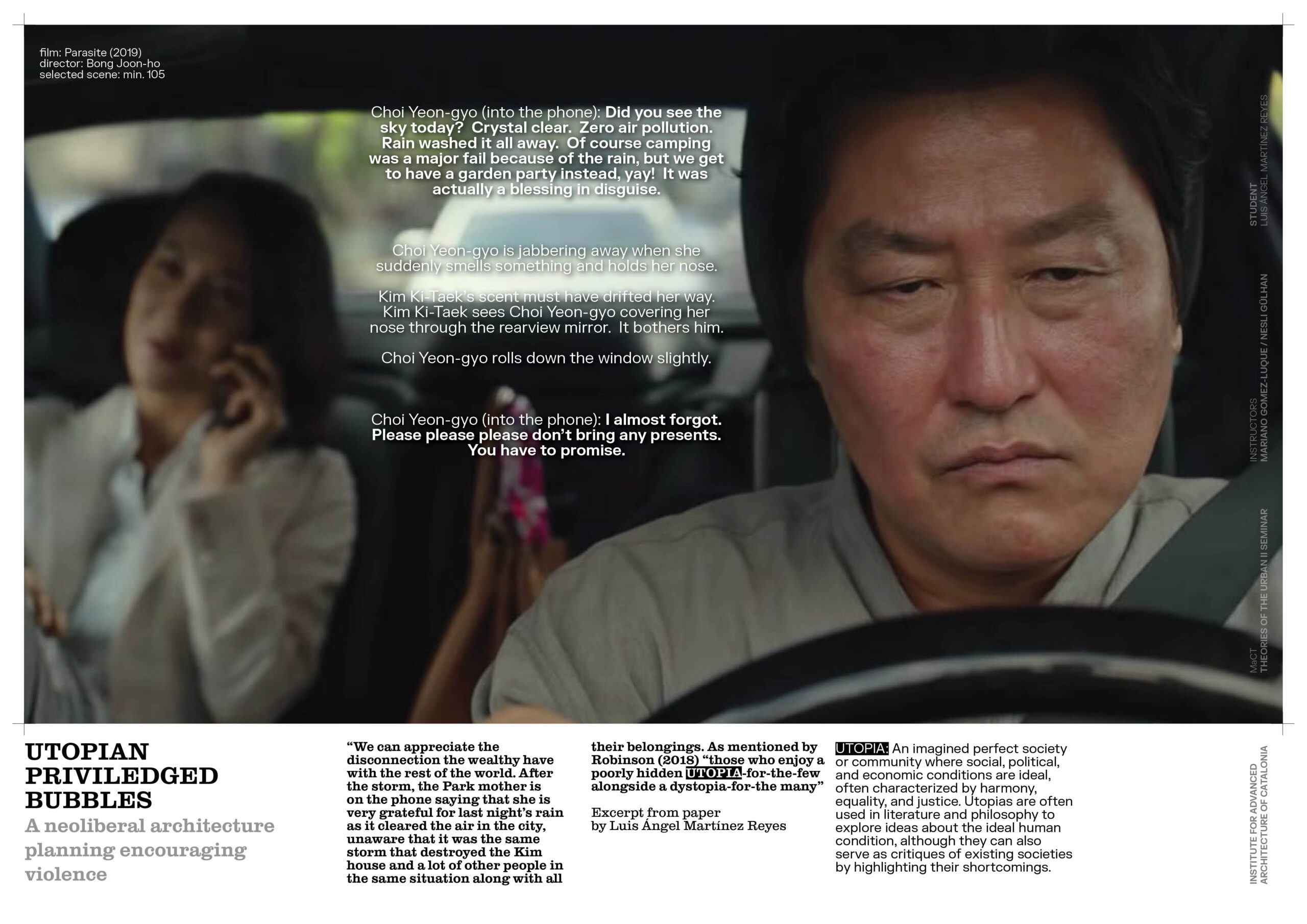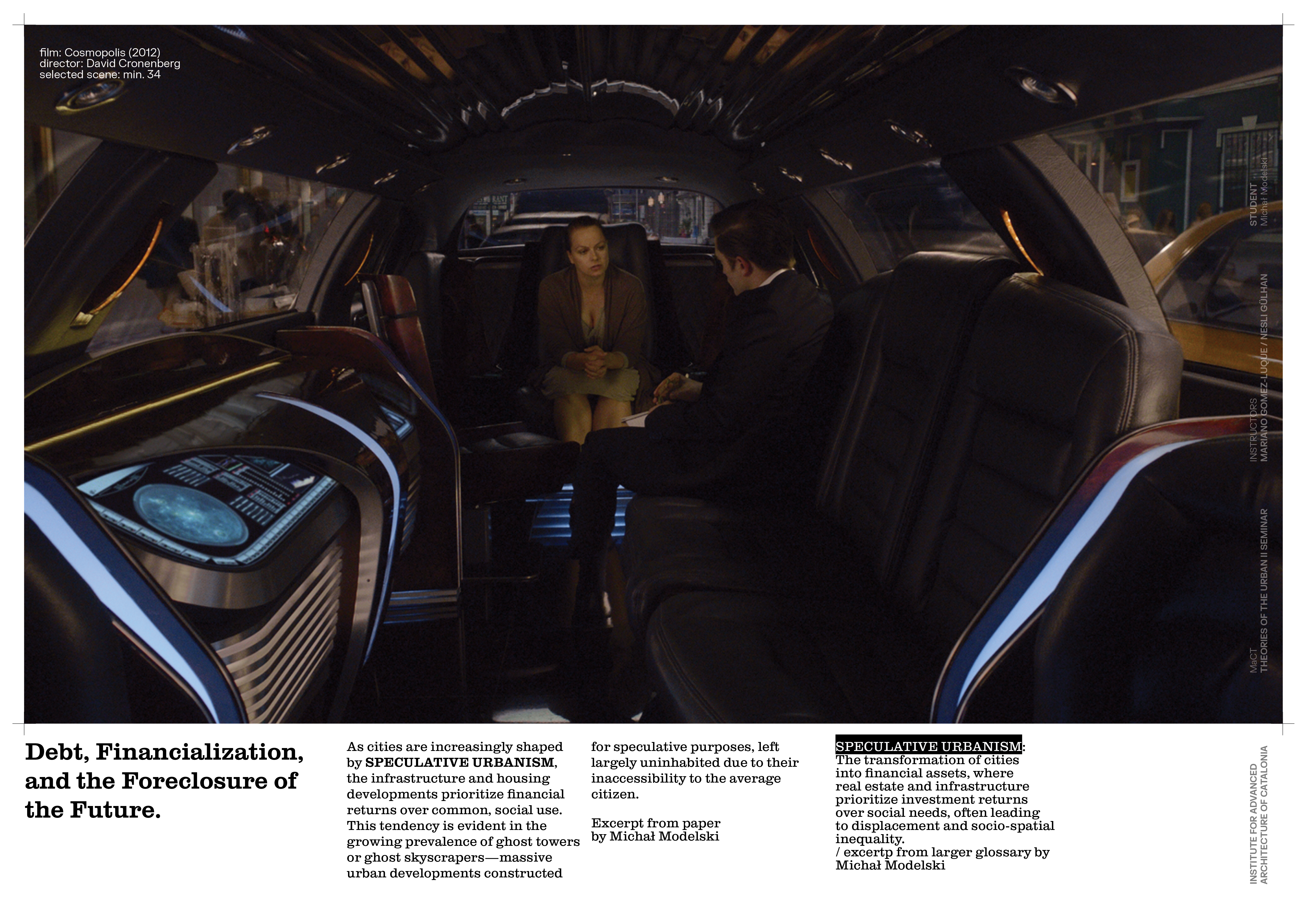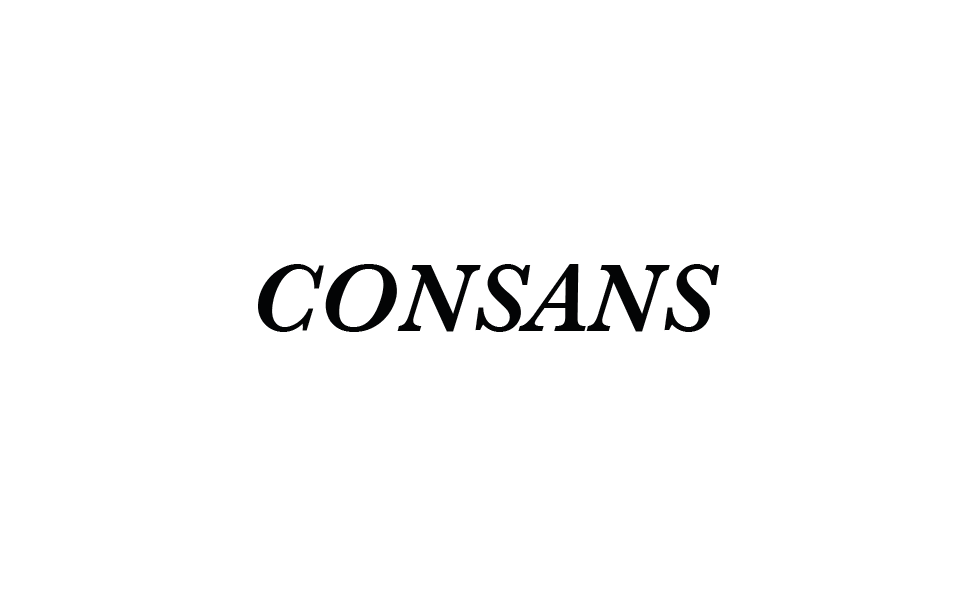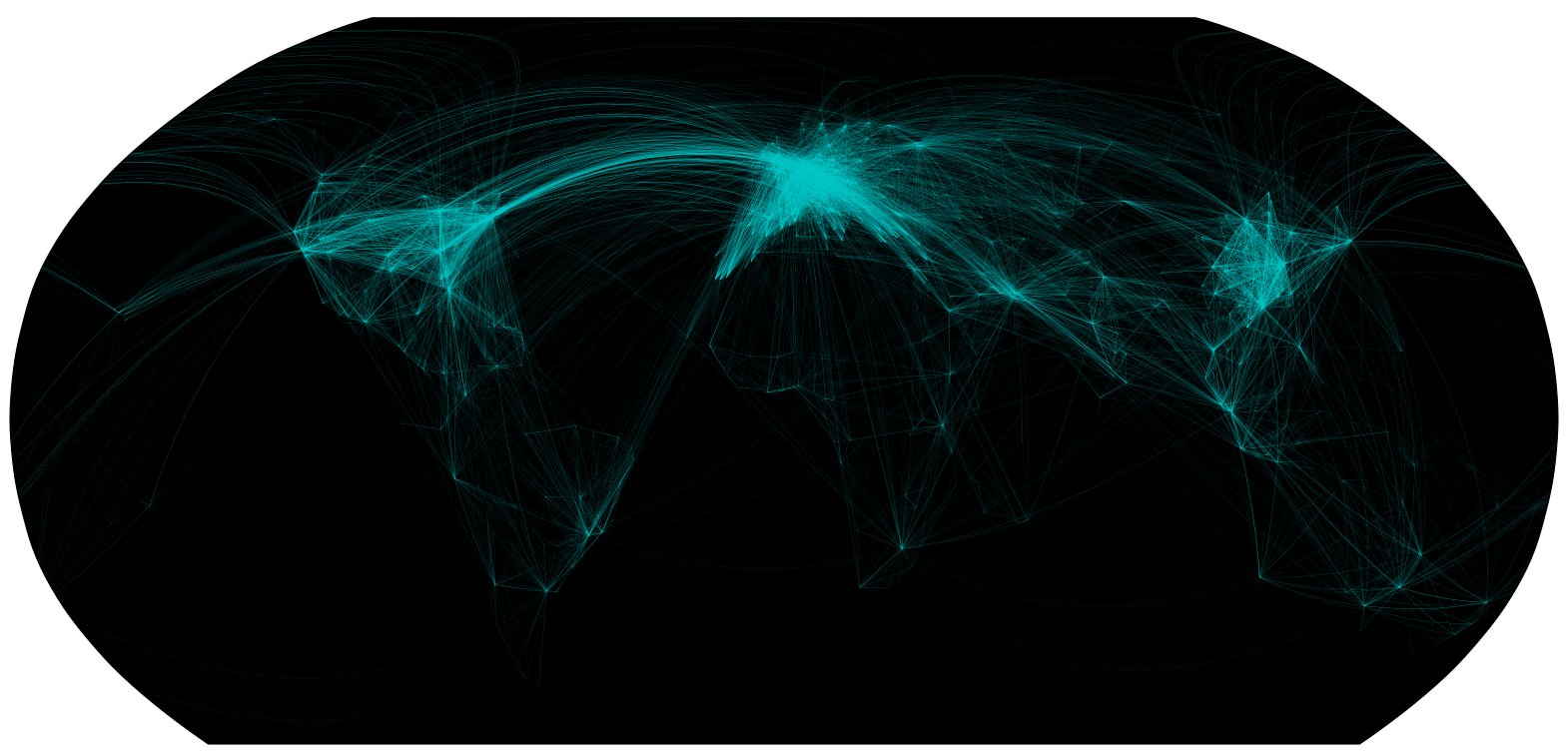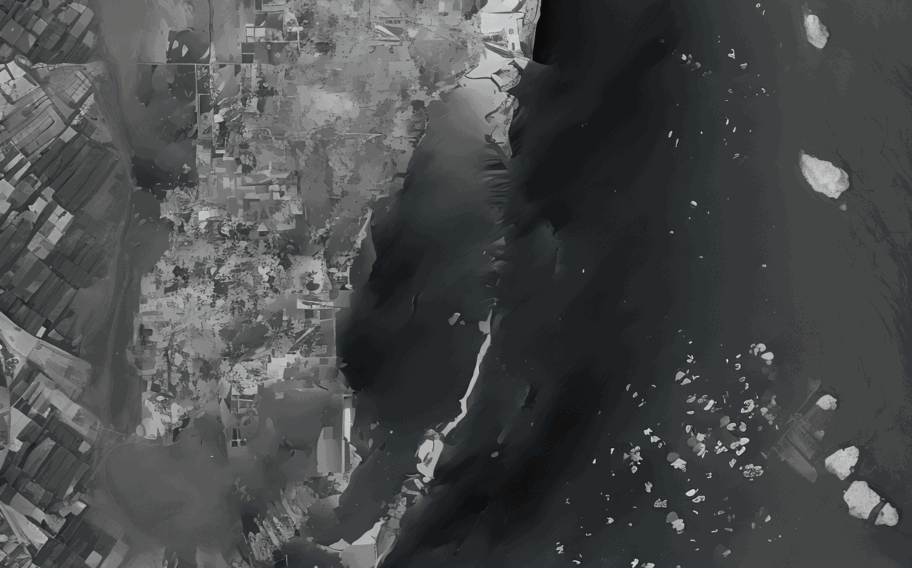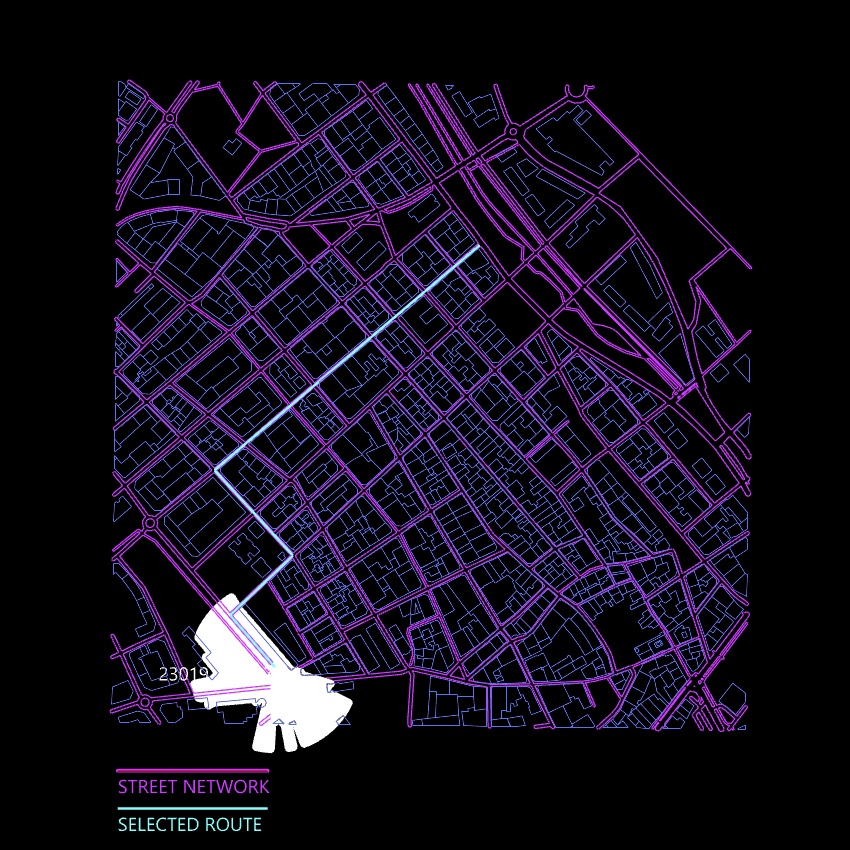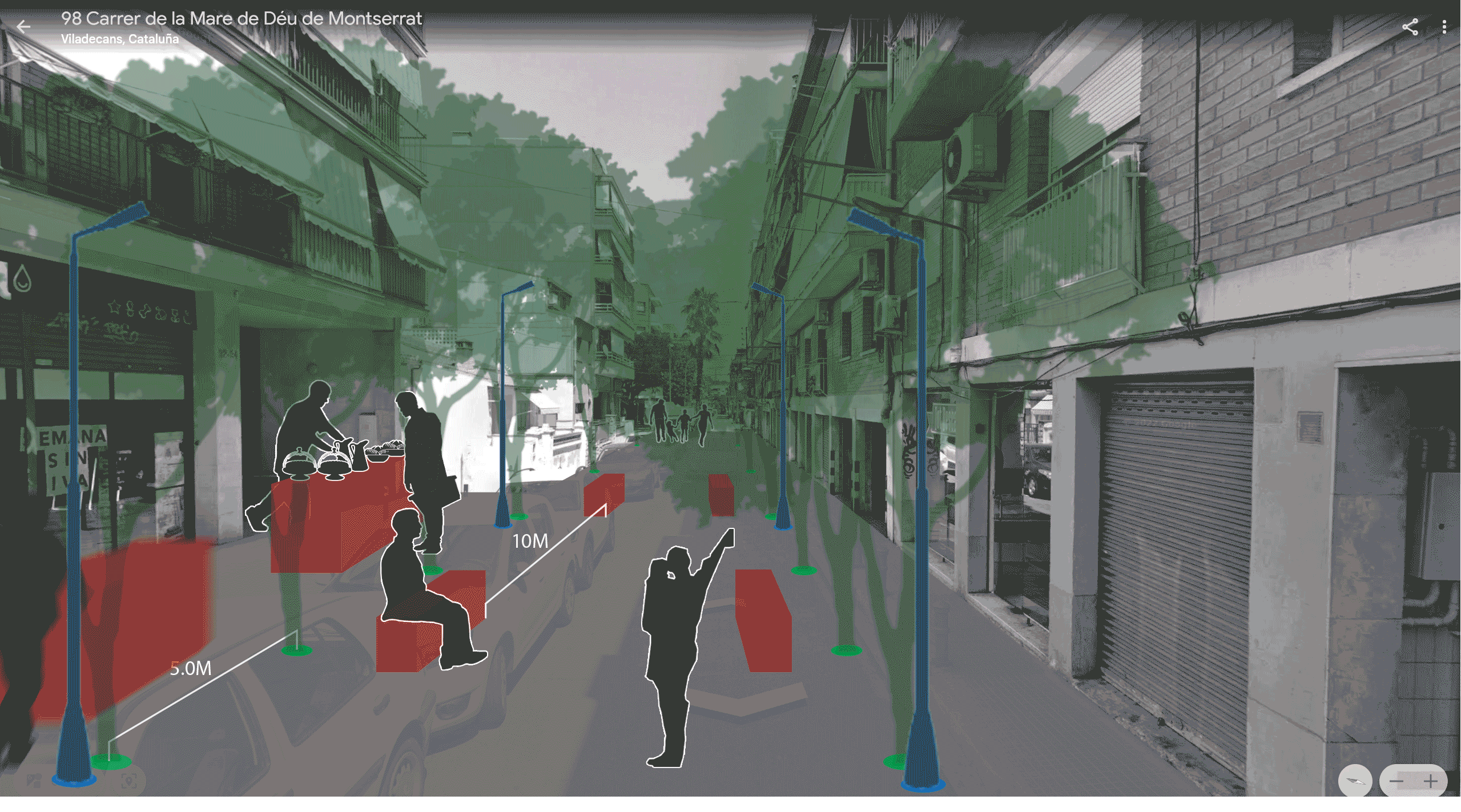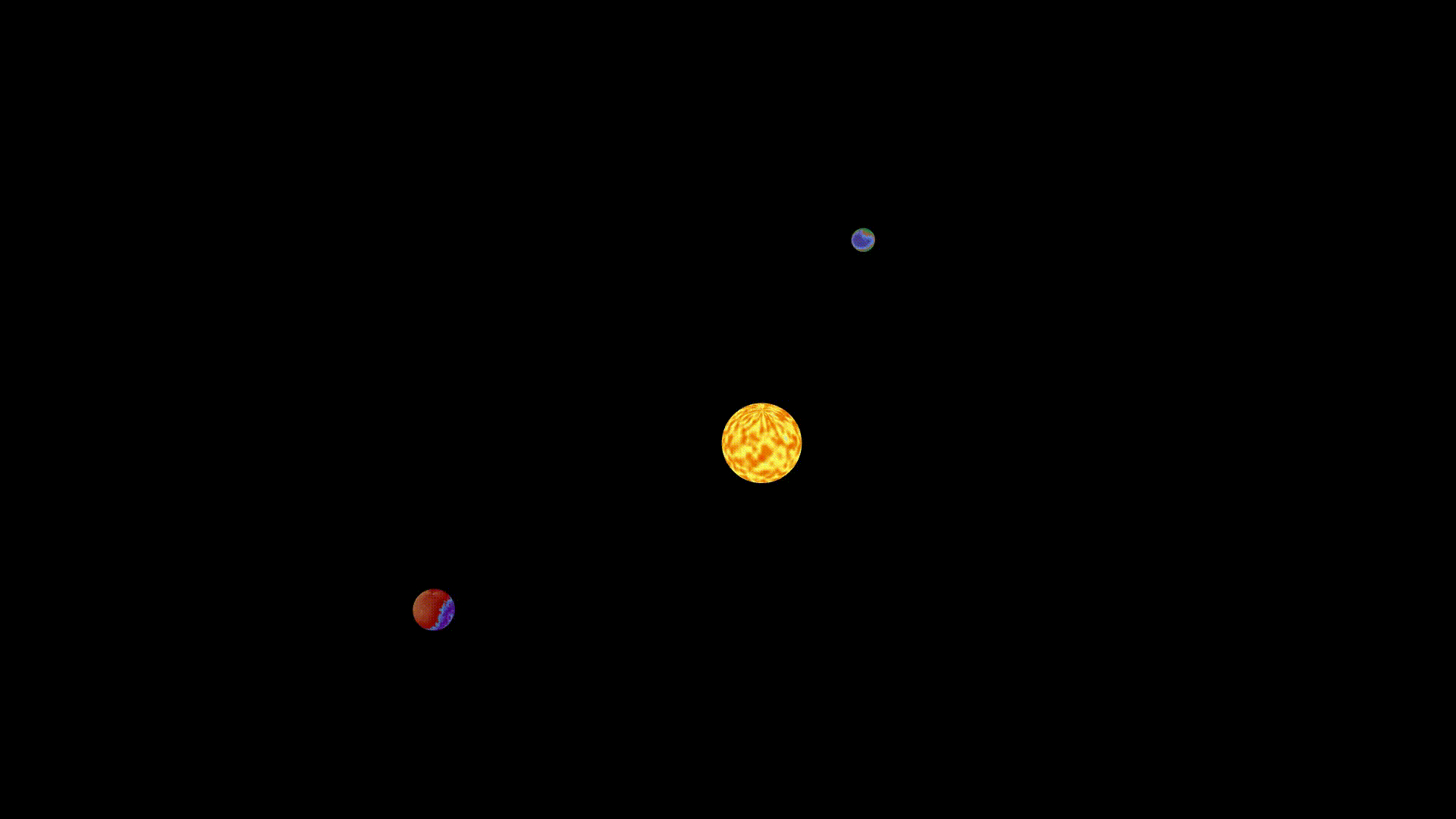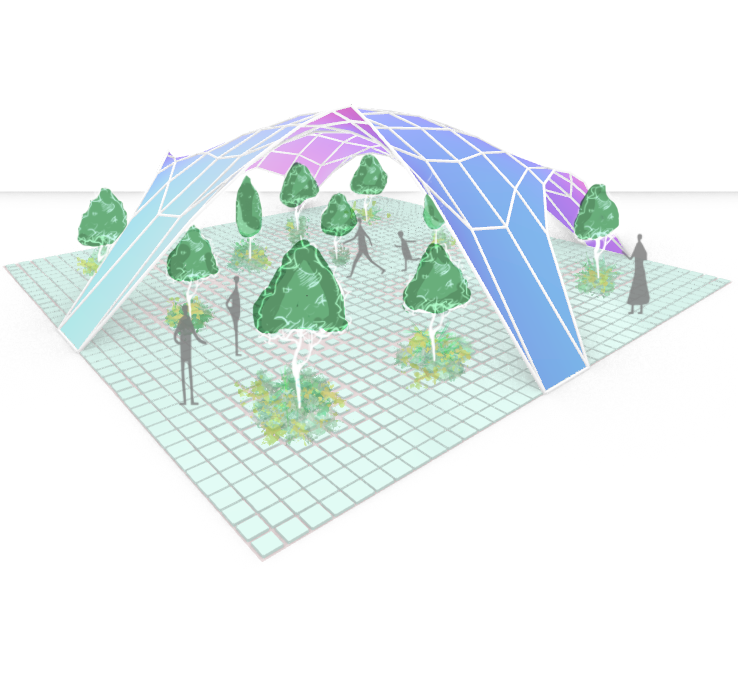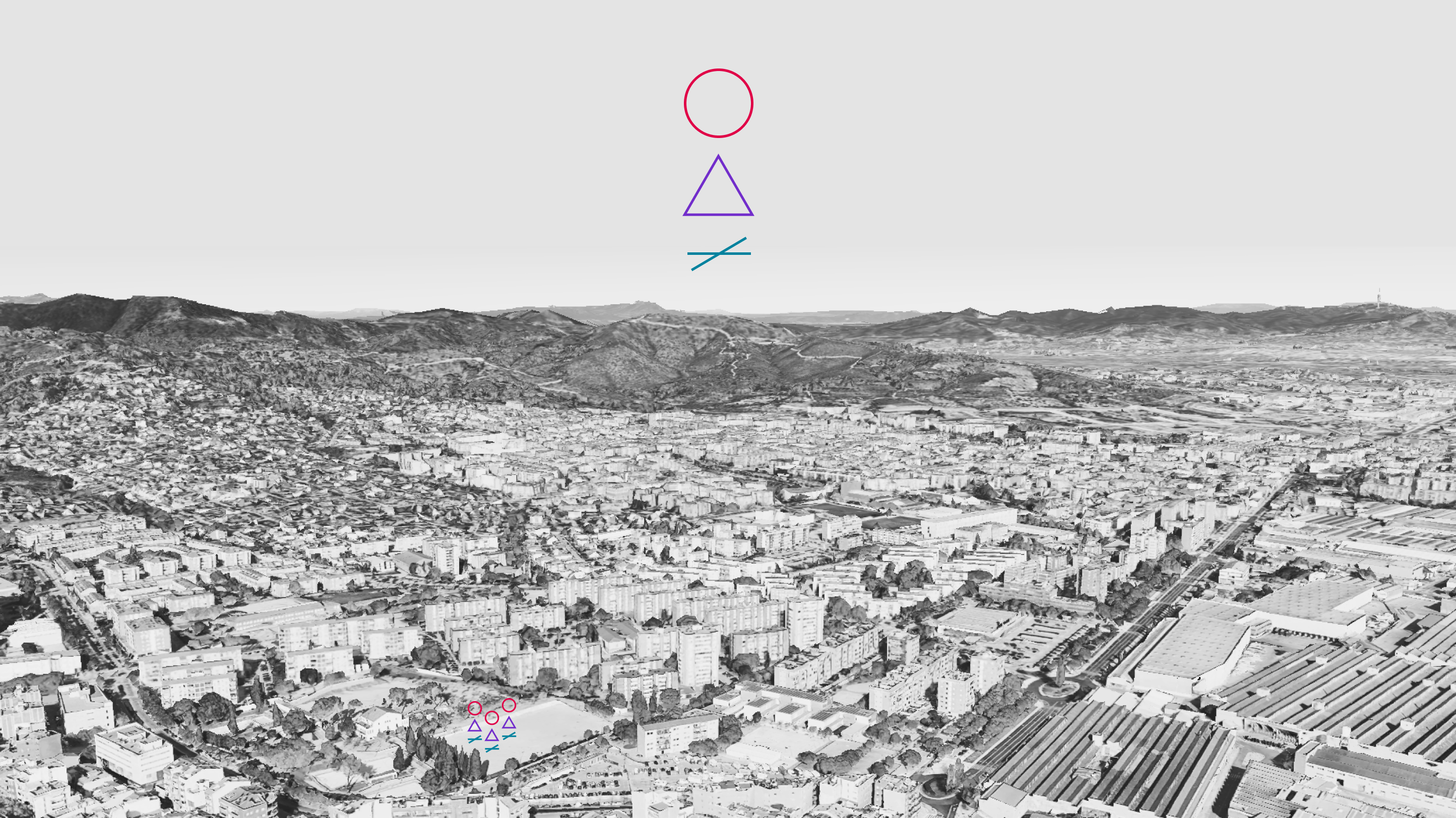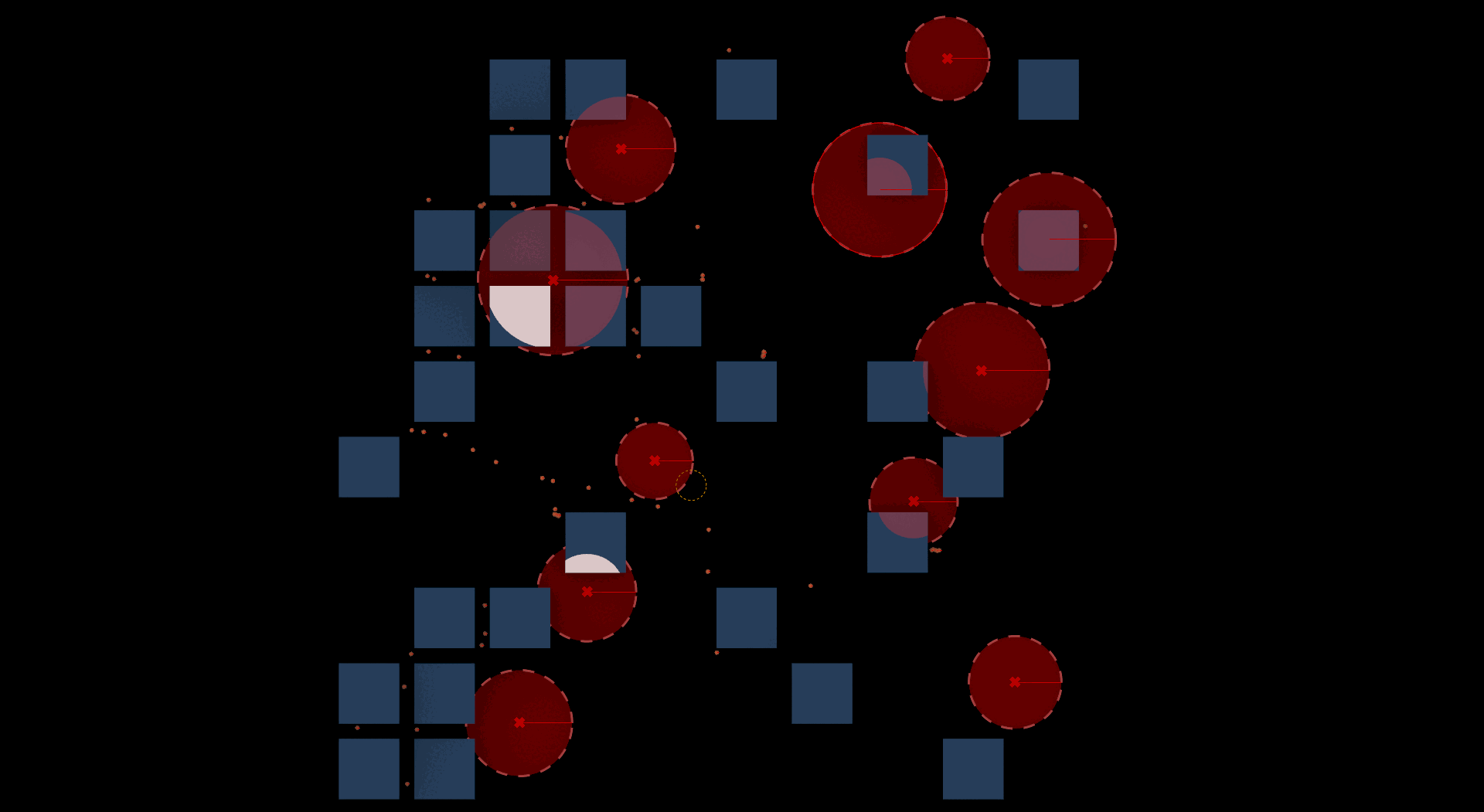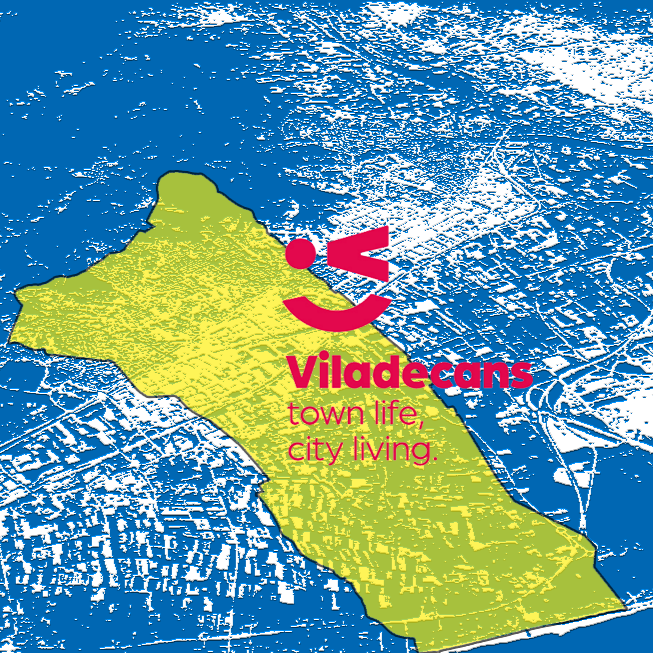The Master in City & Technology’s academic structure is based on IAAC’s innovative, learn-by-doing and design-through-research methodology which focuses on the development of interdisciplinary skills. During the Master in City & Technology students will have the opportunity to be part of a highly international group, including faculty members, researchers, and lecturers, in which they are encouraged to develop collective decision-making processes and materialize their project ideas.
CLEAN UP THE NOISY CITY!
Through this workshop, we developed “Clean up the Noisy City,” an educational and interactive game designed to raise children’s awareness of urban soundscapes. In this engaging experience, players take on the role of city problem-solvers, working together to identify, assess, and mitigate disruptive noises using creative solutions. The game is played through a structured yet … Read more
consans
This term, we have been focusing on understanding and designing public spaces in the Sants neighborhood of Barcelona. Sants has a unique identity shaped by its long-standing tradition of neighborhood cooperation and pride in its working-class roots, but has faced civic disengagement in recent years. In the studio, our objective has been to leverage public … Read more
Quaker
In the field of urban planning, engaging citizens and stakeholders in the increasingly complex social and environmental issues of the built environment is one of the major challenges. As a way of looking to attract, persuade, and foster empathy, Quaker can be a potent tool in connecting the community of Poblenou with our project and … Read more
Flight Paths in Python
The world is in constant flux, domestic and international flights play a role in the fast paced travel that has become a normality. This project was conducted with python script in Jupyter notebook, to map out the airports and routes on our planet. PYTHON SCRIPT: import pandas as pd ports = pd.read_csv(“pathtoports.csv”)print(ports)from shapely.geometryimport Pointimport geopandas … Read more
Theories of the Urban II
URBAN RESILIENCE : A dynamic governance framework for the Anthropocene, urban resilience combines ecological strategies with infrastructure safeguarding, embracing diverse, site-specific approaches to ensure cities withstand and adapt to crises, thereby maintaining their core identity and functions. URBAN FUTURES: Reimagining sustainable cities in the climate crisis era, grounded in today’s social realities and informed by … Read more
Identifying safe spaces
Using a visiblity map in the residential district of Montserratina in Viladecans, Catalunya, we aim to identify which junctions in the most popular route or routes are safe and what street typologies promote safety. VILADECANS We were working on a project that had as an objective to create healthy and safe spaces for the city … Read more
Healthy Spaces of Viladecans
1. Abstract Healthy Spaces of Viladecans is an Internet of People studio project which forces designers to reimagine the city of Viladecans as a hub of spaces that enhance the mental, physical and social health of the users of these spaces. This project aims at understanding the intangible concept of “Healthy” through identification of parameters … Read more
From following instructions to autonomy
The project started with an experiment to see if an agent could follow a line and illuminate its path to see obstacles. The light is composed of isovits and only the ones in front of the agent are colored. The experiment went then to make the light 3D to illuminate buildings facades. Many approaches were … Read more
Agents from Outer Space
Introduction Simulations are a powerful tool for understanding the world around us as it exists, and also as it could be. The creation of models that reflect a given context by adhering to selected rules that are followed in said context, show how all the constitutive parts behave and evolve over time, and by doing … Read more
Fluid Dynamics
Introduction This exercise aims to create a customizable fluid simulator, to explore how microscopic particles interact with each other and their environment, ultimately building a foundation for understanding fluid dynamics at a smaller scale. The key challenge lies in computationally emphasizing the crucial behaviors of these particles. Fluids, despite appearing continuous, are actually comprised of … Read more
Computing Movements of an Urban Square
The research project imagined a tile of a underused urban plaza as a square-based petri dish to test the movement of points within the tiled surface. By defining a number of points within the geometry of the area, the density of tiles would decrease, relative to the closest point. The membrane between the ground plane … Read more
Empowering Vulnerable People with Adaptive Infrastructure
Every individual, regardless of age or economic status, can play a crucial role in shaping a sustainable future. In Viladecans, a gamified co-design process is recommended to turn this vision into reality. Challenges of an aging population, energy poor buildings, and coastal climate change vulnerability may be aligned with public program priorities to adapt Viladecans’ … Read more
Mobility Amidst Chaos
Exploring Changes in Movement Patterns Amid Violent Activities Abstract Walking amidst Chaos is a conceptual project which aims at seeing deviations in movement patterns of people in the wake of violent activities and conflicts within an urban fabric. The project is developed through a method of agent-based simulation to see the extent of change in … Read more
‘ATTRACT•DEVELOP•KEEP’
Tackling the Internet of People through Fortifying & Diversifying the economy in Viladecans, Spain Introduction Viladecans is a dynamic and thriving municipality with a rich history, diverse economy, and vibrant community life. Its strategic location, economic opportunities, and quality of life make it an attractive place to live, work, and visit in the Barcelona metropolitan … Read more

